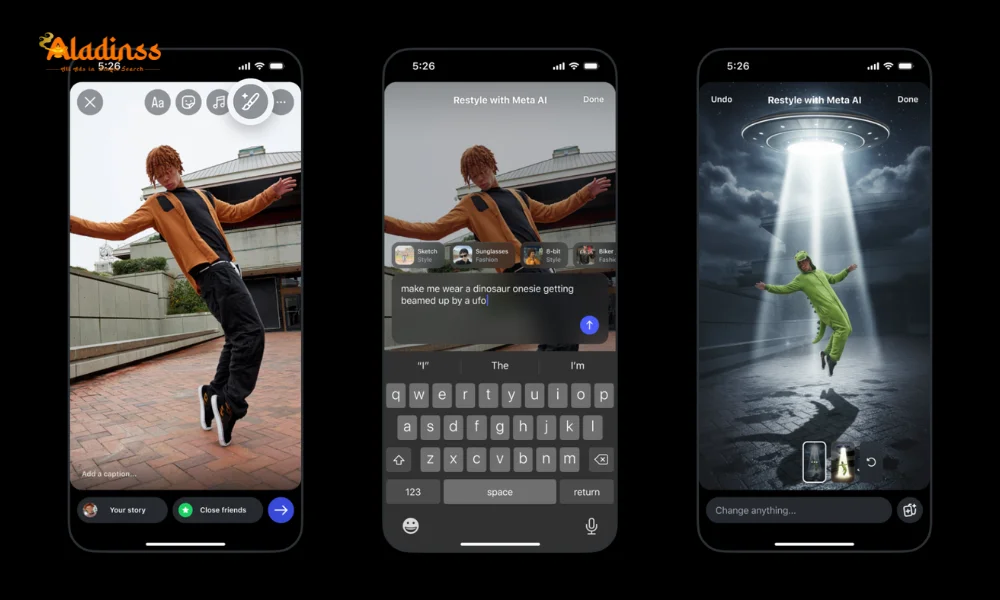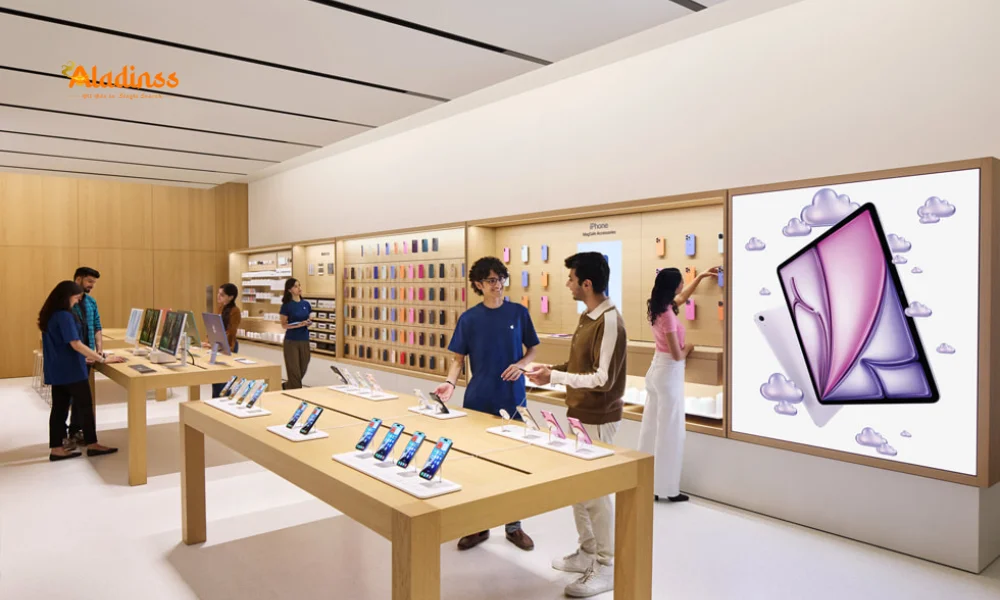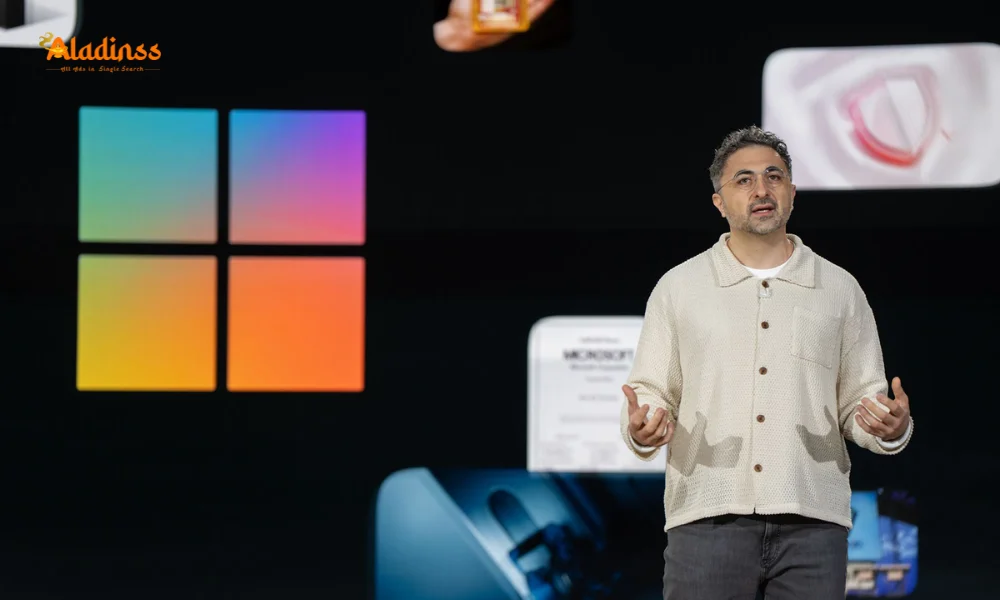Google to Verify Developers for Sideloaded Android Apps in 2026

Google Will Introduce Compulsory Developer Verification for Sideloaded Android Apps in 2026
Google has announced a significant security update for Android, mandating that developers must be verified before distributing APK files for sideloaded apps outside the Google Play Store. While the majority of Android users rely on the Play Store for app downloads, some opt for sideloading APK files from the web, bypassing Google’s verification processes. This practice, which allows flexibility for developers and users, has raised concerns due to increasing cyberattacks. Starting in 2026, Google’s new developer verification mandate aims to curb malicious apps and enhance Android security, with a phased global rollout planned by 2027.

Why Google Is Implementing Developer Verification
The decision to enforce developer verification for sideloaded apps comes in response to a surge in cyberattacks targeting Android users. According to Google’s internal analysis, as detailed in an Android Developers blog post, sideloaded APKs are over 50 times more likely to contain malware compared to apps downloaded from the Play Store. Bad actors have been impersonating legitimate developers to distribute fake apps, deceiving users and compromising device security. By requiring verification for all developers, Google aims to make it significantly harder for malicious APK files to reach users, thereby strengthening the Android ecosystem.
Timeline and Rollout of the Verification Mandate
Google’s developer verification program for sideloaded apps will roll out in phases. Early access to the verification process will begin in October 2025, with invitations sent out gradually to developers. By March 2026, the program will be open to all Android developers. The mandate will first be enforced in Brazil, Indonesia, Singapore, and Thailand starting in September 2026, where all installed apps, whether sideloaded or from the Play Store, must come from certified developers. The policy will expand globally in 2027, ensuring a consistent security standard across all Android devices.
New Android Developer Console for Verification
To streamline the verification process, Google is introducing a new Android Developer Console for developers listing apps on the Play Store. This console is designed to simplify the verification process, making it easier for developers to comply with the new requirements. Additionally, Google will offer a separate Android Developer Console tailored for student and hobbyist developers, ensuring that smaller-scale developers can also meet the verification standards without significant barriers. This move reflects Google’s commitment to balancing security with accessibility for the Android developer community.
Impact on Sideloaded and Modified Apps
Sideloading has long been a hallmark of Android’s open ecosystem, allowing users to install apps from sources other than the Play Store. While Google’s new policy will still permit sideloading, only apps from verified developers will be allowed. This raises questions about the future of modified apps, which are altered versions of official apps often distributed outside the Play Store. These illicit versions may face challenges under the new verification requirements, potentially reducing their availability. However, Google has clarified that Android will continue to support sideloading, preserving user choice while prioritizing security.
Google’s Ongoing Efforts to Enhance Android Security
Google’s push for mandatory developer verification builds on its existing security measures. Since 2023, developers have been required to verify their identity to list apps on the Google Play Store. The extension of this policy to sideloaded apps is a natural progression, addressing a key vulnerability in the Android ecosystem. By enforcing verification, Google aims to reduce the risk of malware and protect users from deceptive apps. The company’s internal data underscores the urgency of this move, highlighting the significantly higher malware risk associated with sideloaded APKs.
Implications for Developers and Users
For developers, the verification mandate introduces an additional step but is designed to foster trust and safety in the Android ecosystem. The new Android Developer Console aims to make compliance straightforward, particularly for smaller developers. For users, the policy promises a safer experience when sideloading apps, reducing the risk of downloading malicious software. However, it may limit access to certain niche or unofficial apps, particularly in regions where sideloading is common. Google’s phased rollout, starting in select countries, allows for a gradual transition, giving developers and users time to adapt.
As Google prepares to implement mandatory developer verification for sideloaded Android apps in 2026, the move underscores its commitment to enhancing Android security. Stay tuned for further updates on this significant policy change and its impact on the Android ecosystem.
Comment / Reply From
No comments yet. Be the first to comment!







